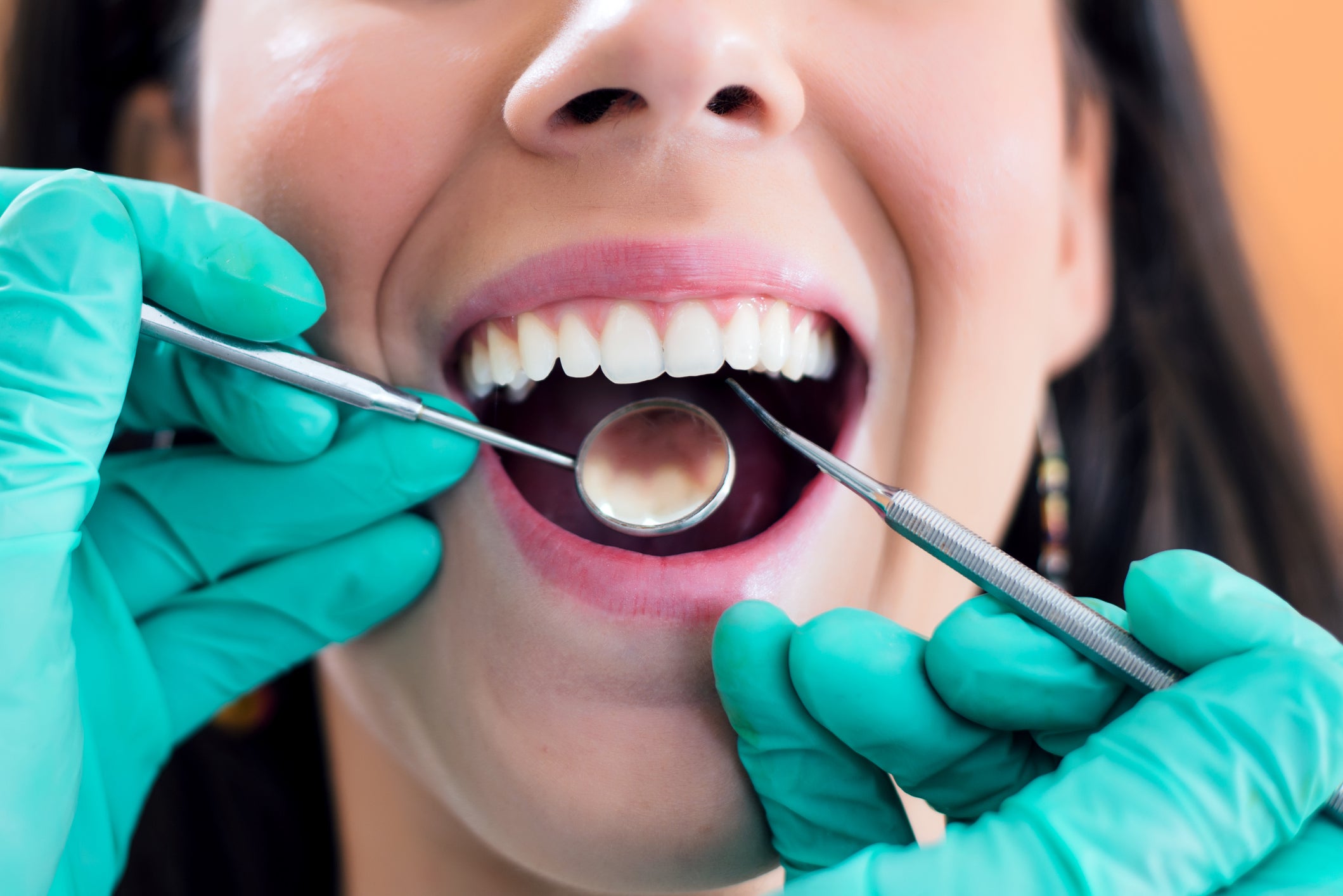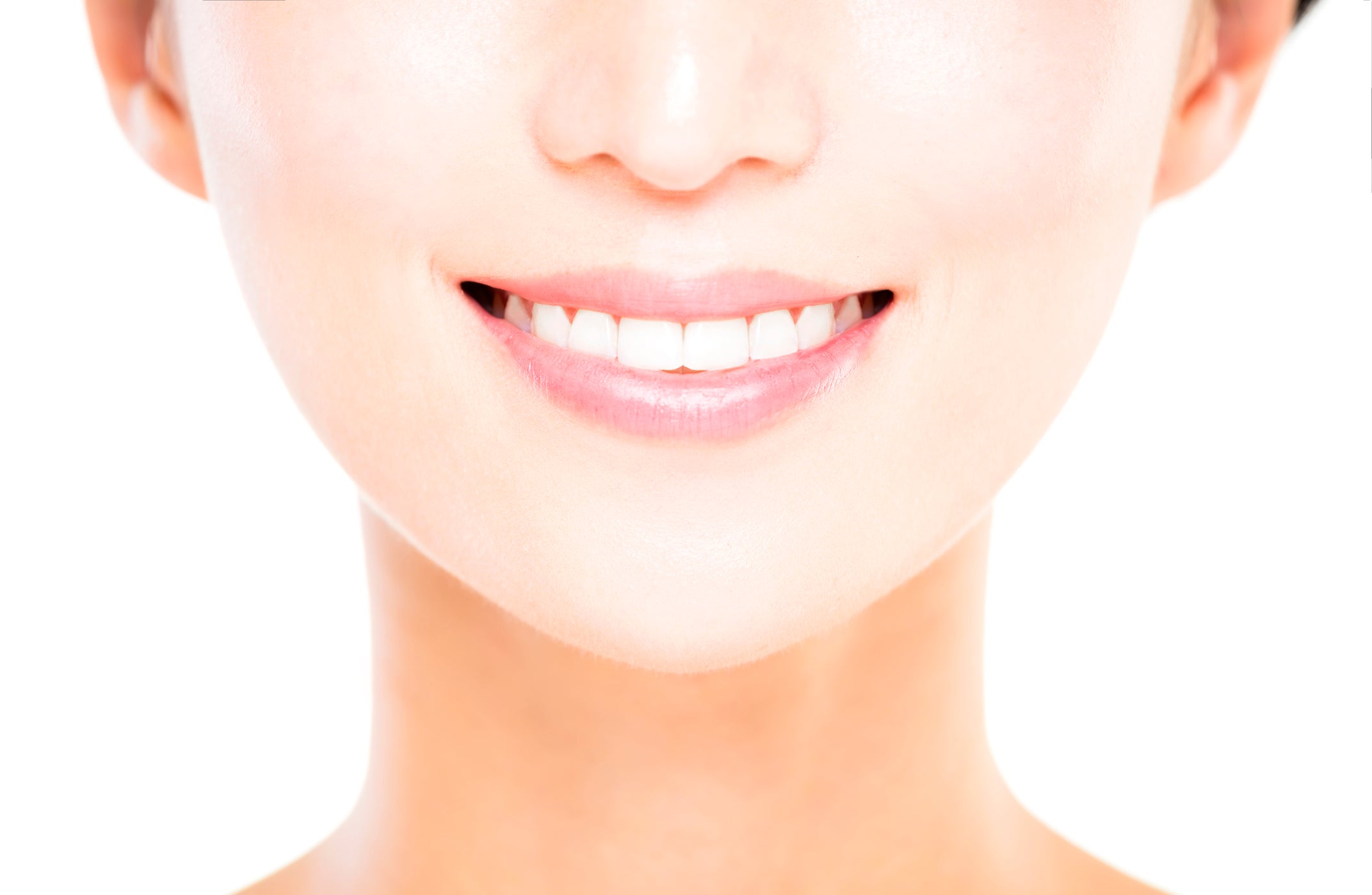-
Plaque vs Tartar vs Cavities…What’s the Difference?

When you go to the dentist, a lot of unfamiliar terms may be thrown around. Sometimes, it can be confusing to keep up with all the instructions you’re being given and all the information your dentist is sharing with you. One source of confusion is the subject of plaque, tartar, and cavities. Do you know the difference?
- Plaque happens when sugary or starchy food mixes with the bacteria in your mouth. A collection of bacteria then sticks together on your teeth, causing you to feel like your teeth are fuzzy. What’s actually going is that the bacteria have formed a biofilm on your teeth, creating a slimy, sticky, white or yellow film. Plaque can cause bad breath, and if you don’t remove it, irritate your gums. You can remove plaque, however, by brushing, flossing, and using mouthwash.
- Tartar happens when you don’t sufficiently remove plaque. When that plaque stays on your teeth, it hardens, creating a sort of shield for bacteria. This hardened plaque is called tartar, or calculus. Tartar can’t be removed by regular dental hygiene, and must be removed by a dentist or hygienist. Tartar makes your teeth look discolored, and it traps plaque, making it more difficult to remove. In this way, plaque and tartar work together to remove minerals in your tooth enamel, causing tiny holes in the enamel.
- Cavities are the result of bacteria and acid making it through those little holes. The bacteria and acid make their way to the dentin layer of your teeth, which communicates with your nerves and causes sensitivity. They then move on to the inner tooth, where the nerves and blood vessels are located, called the pulp. The pulp becomes swollen and irritated, causing pain and permanent tooth damage. This damage is known as tooth decay or cavities.
As you can see, one thing leads to another when it comes to plaque, tartar, and cavities. That’s why it’s so important to brush and floss daily and see your dentist for regular cleanings. While you’re there, the dentist might recommend further treatments to combat plaque, tartar, and cavities. Dental sealants, for example, can help protect against plaque and tartar, and fluoride treatments can make your teeth more resistant to acid. Talk to your dentist about the best ways to care for your dental health and prevent tooth decay.
Whether you need a cleaning or good dental advice, choose the practice that was voted best dentist in NYC! At Park 56 Dental Group, we offer pediatric, prosthodontics, endodontics, oral surgery, Invisalign®, emergency, and sedation dentistry, all at the highest level of treatment. We serve the Midtown, Central Park, Upper East Side, Park Avenue, and all surrounding Manhattan and New York areas, with a patient-centered practice that has hours to fit your schedule. Schedule your complimentary consultation today by contacting us online or calling us at (212) 826-2322.
-
How to Prevent Plaque

Everyone knows that if we don’t take care of our teeth we can get cavities. One cause of cavities is the buildup of plaque, which can also cause gum disease. Here’s an overview of what plaque is and how we can prevent it.
Everyone has dental plaque to some extent. Plaque causes a slight fuzziness on your teeth that you can feel with your tongue. It’s a sticky film of bacteria that is constantly developing on the surface of your teeth. The bacteria in plaque produce acids after you eat or drink. These acids can destroy your tooth enamel, leading to cavities and also gingivitis aka gum disease.
Plaque can also form under your gums and on your tooth roots. They can break down the jaw bones that support your teeth. If left untreated, plaque can harden into tartar, which is harder to remove. Proper dental hygiene habits, most importantly daily brushing and flossing, gets rid of a lot of this plaque. If you don’t like using normal dental floss there are options for you, including dental picks, pre-threaded flossers, brushes that fit between your teeth, water flossers or wooden plaque removers. Mouthwash is useful for loosening plaque so you can brush it off better, or spit or rinse it out of your mouth. But be careful to not get a kind that will dry your mouth out, because that actually makes your mouth more vulnerable to plaque formation.
Although we all get plaque, you may be more susceptible to plaque formation if you:
- Smoke
- Have dry mouth due to medical conditions or medications
- Have a history of head or neck radiation
Your diet is also an important factor for plaque formation. Plaque can form quickly when the bacteria in your mouth mixes with sugary or starchy foods such as soft drinks, milk, juice, fruit, pasta or bread. These bacteria release acids that break down carbohydrates in food and drinks, so they do serve a useful function in that regard. Plaque is clearly a downside. Many dentists will tell you that you can eat or drink pretty much whatever you like, as long as it’s in moderation. Whenever possible, drink water or brush your teeth right after consuming these problematic foods or drinks, to get that dangerous stuff off your teeth before they can help form plaque.
Regular dental cleanings are important too, because there are spaces that are hard for you to clean on your own. Dentists and dental hygienists have special tools to find and remove plaque.
If you’re looking for the perfect place to get your teeth cleaned or fixed, choose the practice that was voted best dentist in NYC! At Park 56 Dental Group, we offer pediatric, prosthodontics, endodontics, oral surgery, Invisalign®, emergency, and sedation dentistry, all at the highest level of treatment. We serve the Midtown, Central Park, Upper East Side, Park Avenue, and all surrounding Manhattan and New York areas, with a patient-centered practice that has hours to fit your schedule. Schedule your complimentary consultation today by contacting us online or calling us at (646) 679-3989.
RECENT POSTS
categories
- Uncategorized
- Cosmetic Dentistry
- Veneers
- Healthier Teeth
- Teeth Whitening
- Dental Health
- Video
- Dental Emergencies
- Invisalign
- Dental Implants
- Root Canal
- Sedation Dentistry
- Infographic
- Dental Crowns and Bridges
- Dental Anxiety
- Gum Disease
- COVID-19
- Bad Breath
- New York Dentist
- Cut out sugar
- General Dentistry
- Oral Health
- Oral Cancer
- Dry Mouth
- Gum Health
- Toothache
- Dental Sealants
- Cavities
